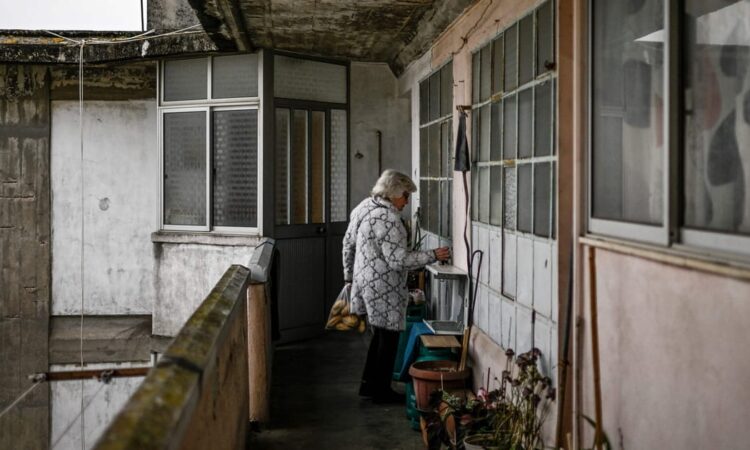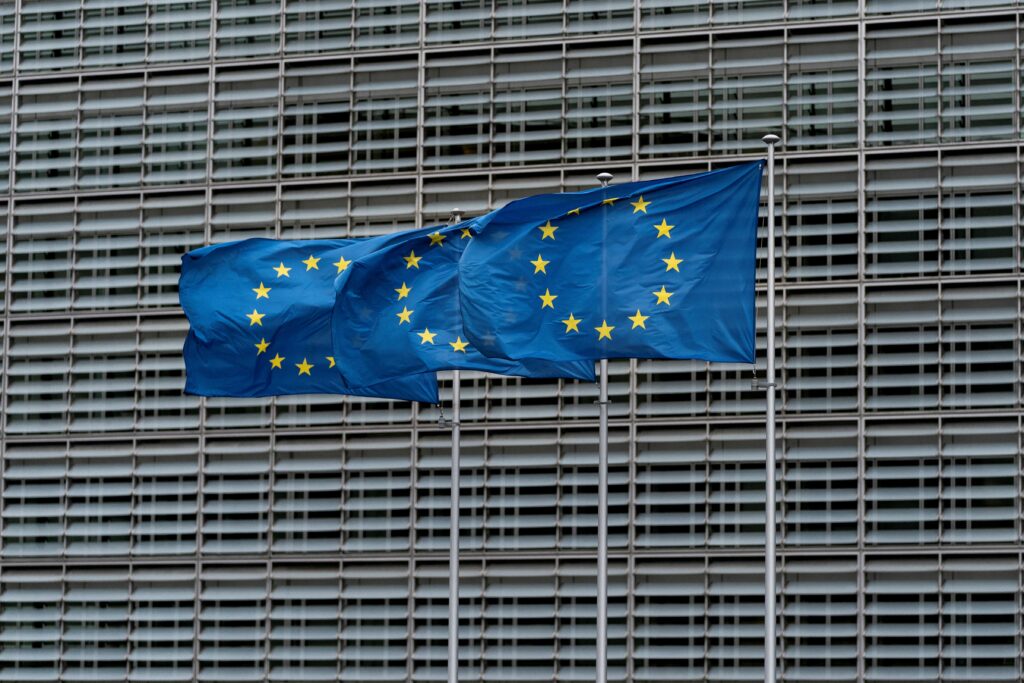
Ukraine and the Western Balkans have changed the debate
Cohesion funding makes up a large chunk of the EU’s €1.2 trillion seven-year budget and is aimed at narrowing the gap between richer and poorer regions. All of the EU’s poorest countries, from Portugal in the west to Hungary and Bulgaria in the east, have benefited hugely from the financing, which largely focuses on environment and transport infrastructure, such as new highways.
Reform is on the agenda because in the back of their minds EU officials are preparing for the bloc’s possible expansion to Ukraine and countries of the Western Balkans, where much of this cash would be used to help them catch up economically with existing members.

Don’t miss out on the political event of the year! POLITICO and Studio Europa Maastricht are joining forces to present the highly anticipated Maastricht Debate. From your screen to the ballot box, take part in democracy by registering here to join us online.
In recent years, the EU has struggled to persuade some countries, notably Hungary and Poland, to stick to democratic standards and have withheld some funding but in very limited ways. Making cohesion financing dependent on reforms from the start of a country’s membership could make it easier to keep governments on the straight and narrow.
It won’t be a simple thing to achieve though.
“In principle it [conditionality] can be a remedy, but in practice it’s super difficult,” said Zsolt Darvas from the Brussels-based think tank Bruegel, adding that past systems linking cash disbursements to specific targets have been cumbersome.






